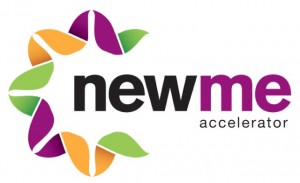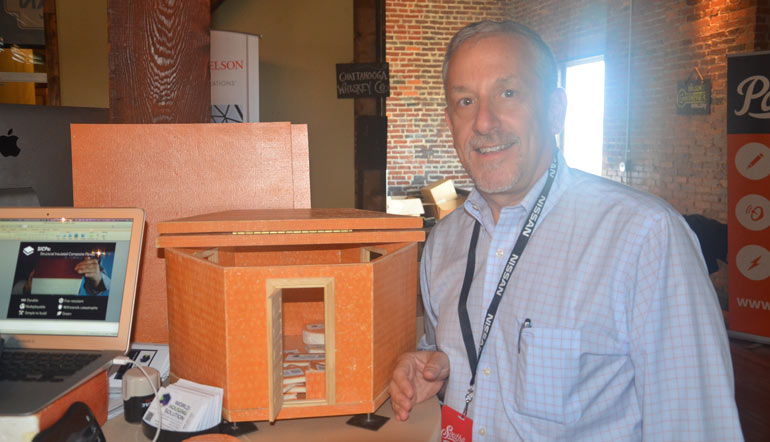Crowdfunding is the hottest space for startups right now. And now, with changing regulations, it could get even hotter.
The Jumpstart Our Business Startup Act was passed over a year ago, paving the way for crowdfunding startups to offer equity. After the bill passed in both the Senate and the House it was then referred over to the Securities And Exchange Commission (SEC) to come up with the regulations for crowdfunding.
The JOBS Act has a lot of regulations to follow, including the fact no individual making less than $100,000 can invest more than $2000 or 5% of their net worth. Crowdfunding is going to spawn a whole new type of investor and there are currently no regulatory software programs out there. That’s the guts behind Crowdentials.
Richard Rodman, the cofounder of Crowdentials, spoke about crowdfunding in February at the Everywhereelse.co Startup Conference in Memphis. He founded the company with Chief Operating Officer Rohan Kusre and Chief Technology Officer Max Heckel. The three came up with the idea for Crowdentials in April and were recently accepted into the Cleveland-based FlashStarts’ startup accelerator program.
While the SEC is still finalizing its regulations, the Crowdentials technology is ready to go. “Our compliance solution is all variable-driven and will adapt to any regulations put forth,” Rodman said in a statement. Once the regulations are officially complete, the entrepreneur plans to launch “within minutes.”
In the meantime, Crowdentials is preparing a collection of multi-media resources and guides for both crowdfunding rookies and experts. In addition to teaching the basics, the comprehensive suite will cover the nuances, regulations, risks, and opportunities associated with equity crowdfunding.
Crowdentials’ technology ensures that investors, businesses, and platforms are following the SEC’s rules. According to Rodman, “Crowdentials is the vital link between the SEC regulations and all crowdfunding parties”.
Individuals who gain compliancy through Crowdentials can trust that they are abiding by the regulations, and startups can feel confident that they are raising money through compliant individuals. Rodman believes the SEC’s regulations are meant to protect the new crowdfunding population from fraud and financial distress. “That’s why compliance is so important,” the entrepreneur said. “When everyone is aware of their level of compliance, we can make more educated investment decisions.”
Crowdfunding has spawned hundreds of crowdfunding sites that will help connect would-be investors to startups and other small businesses’ needing funds. Now startp founders are finding ways to support the crowdfunding economy. Cowdfunding vetting companies, insurance companies, and even discovery companies have all popped up over the past year with more expected when the rules change to allow equity investments.
In the meantime feel free to check out Crowdentials at crowdentials.com
7 key elements of a successful crowdfunding campaign.



























